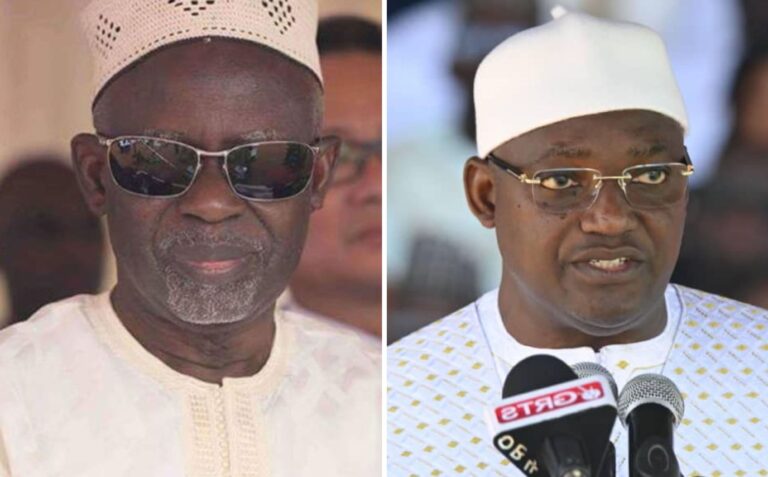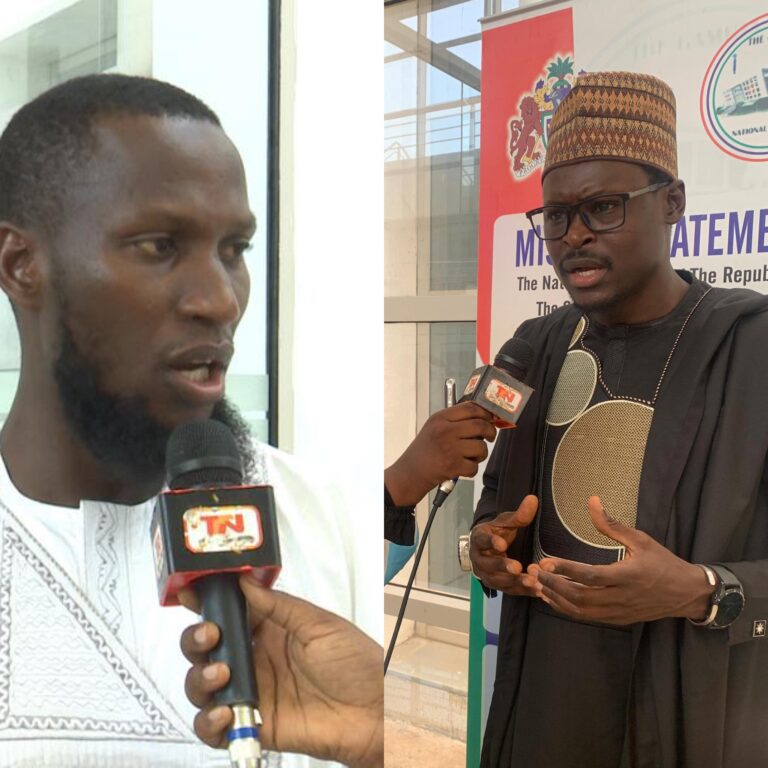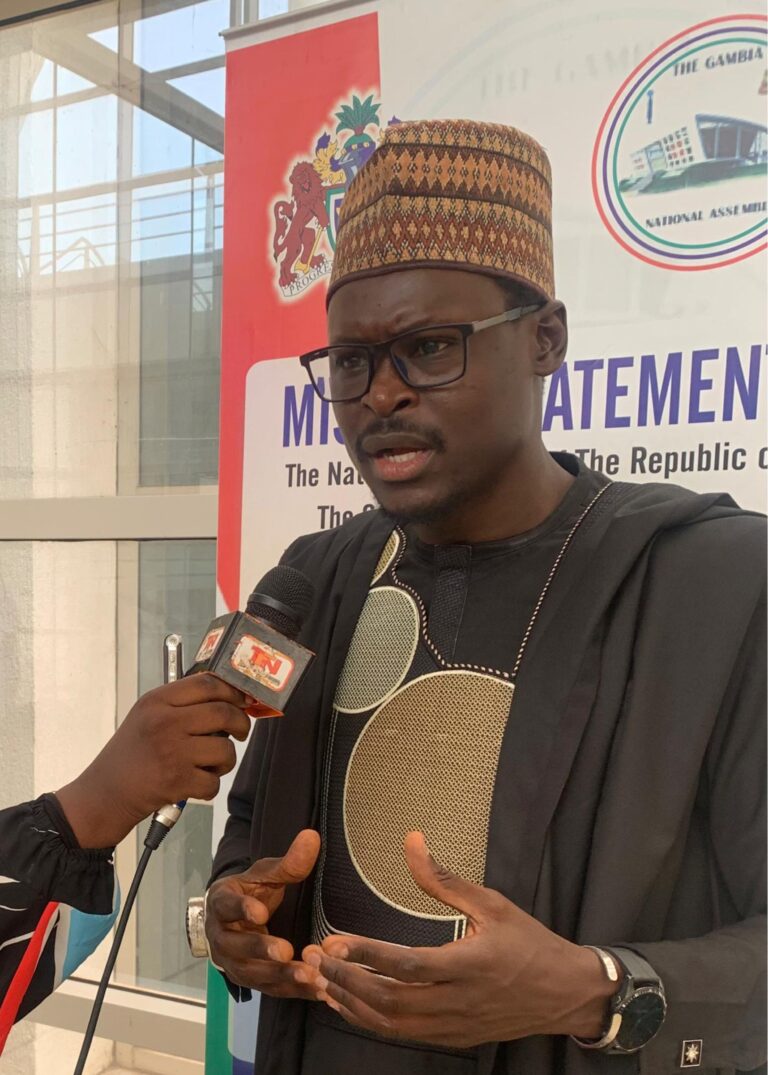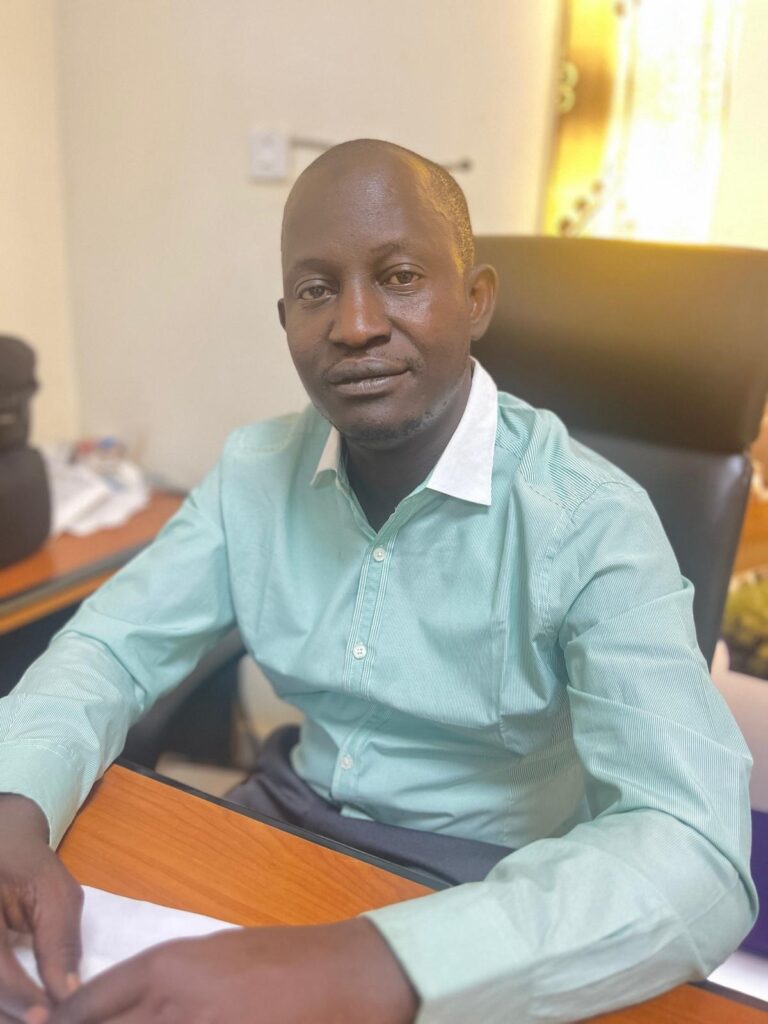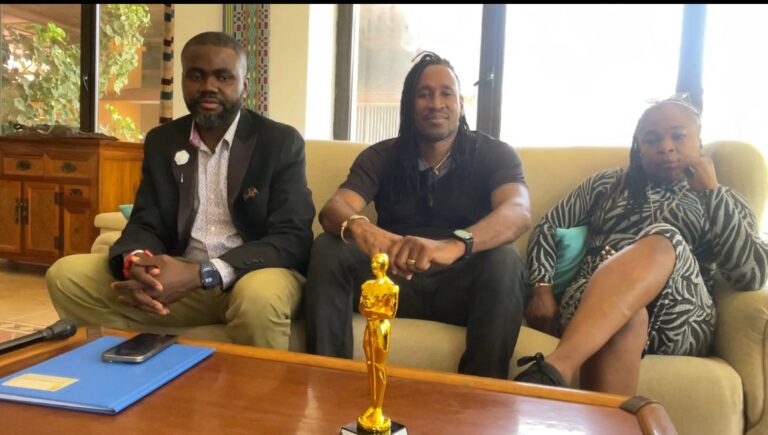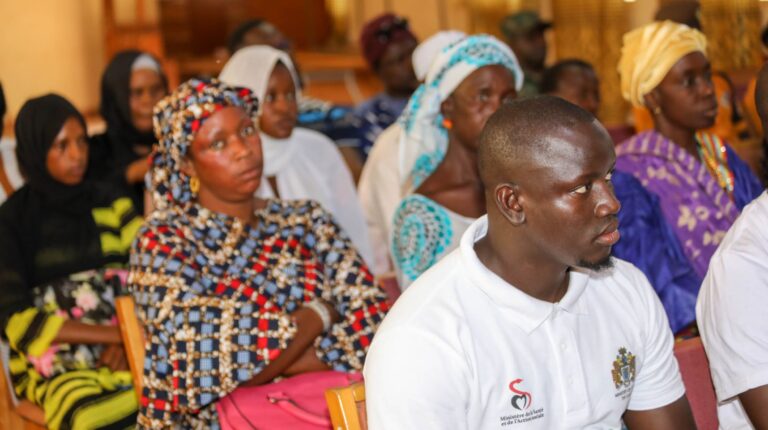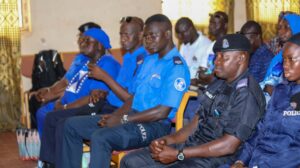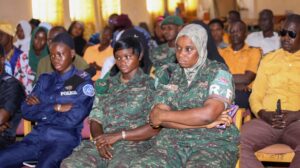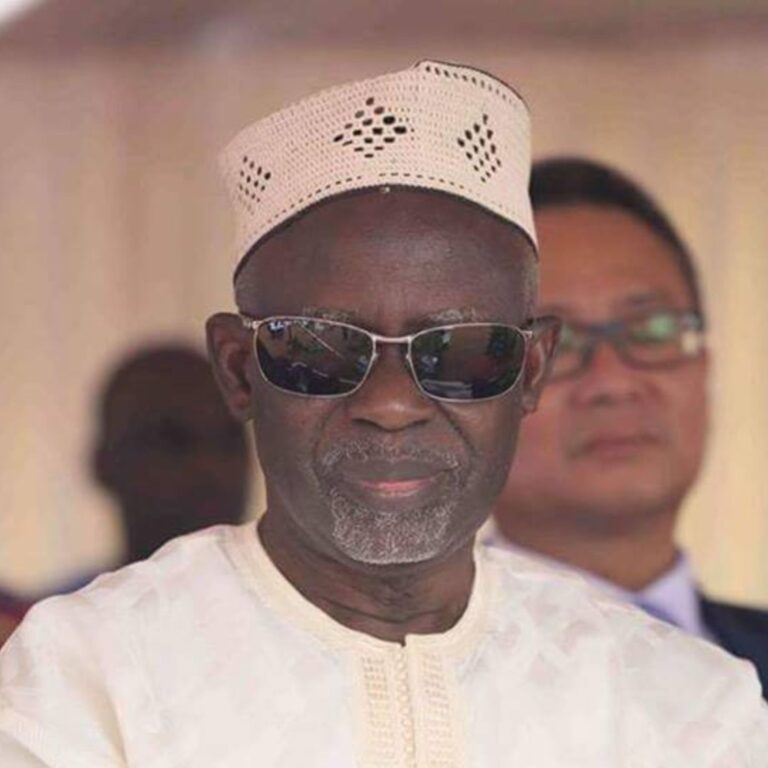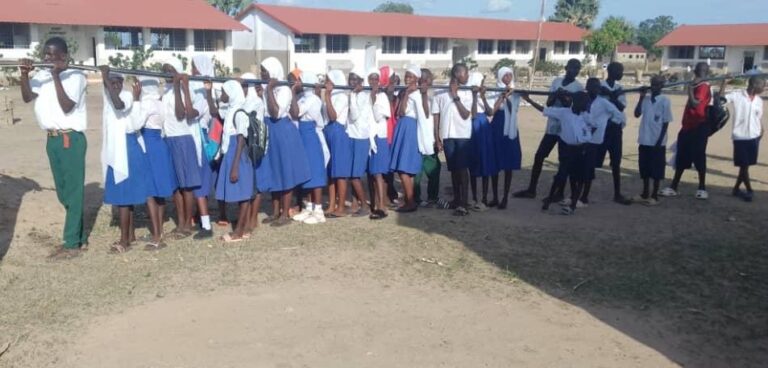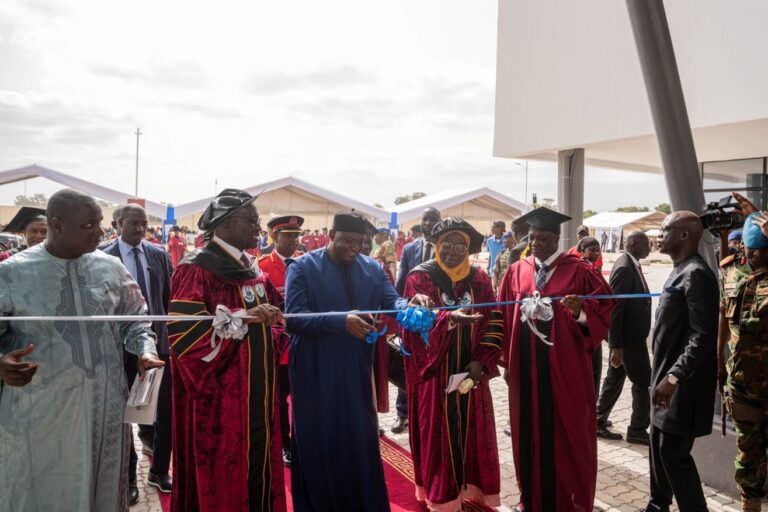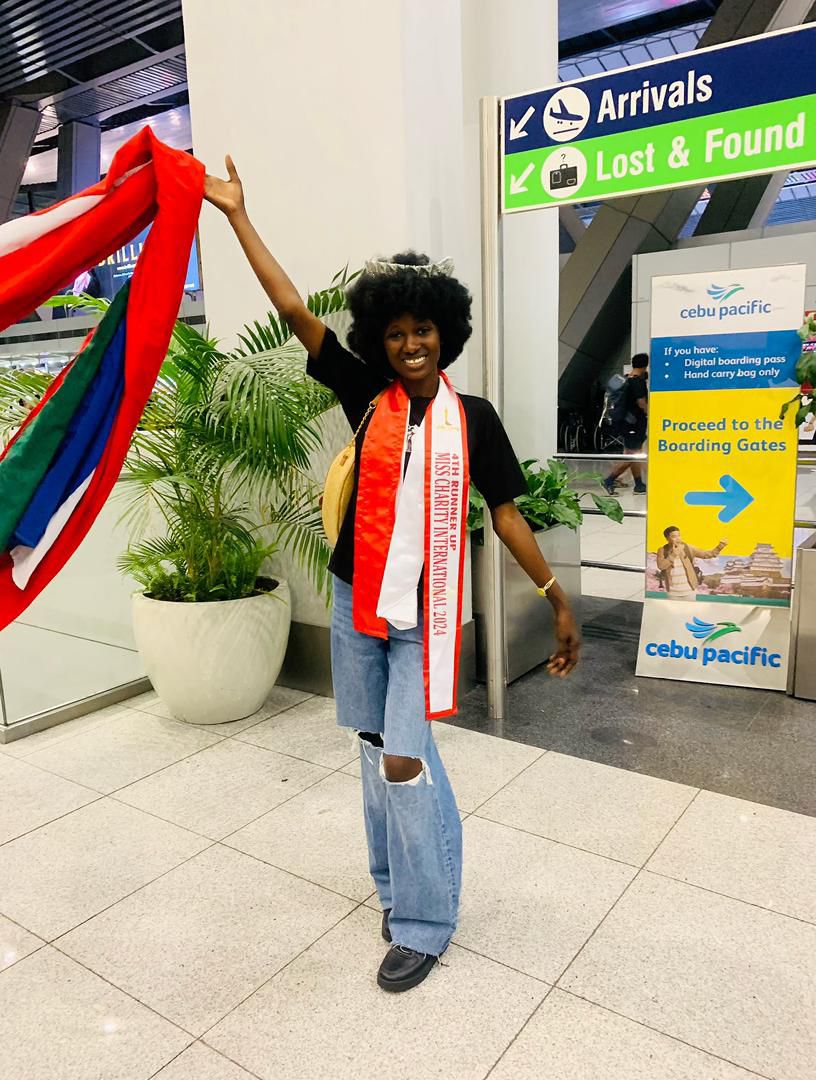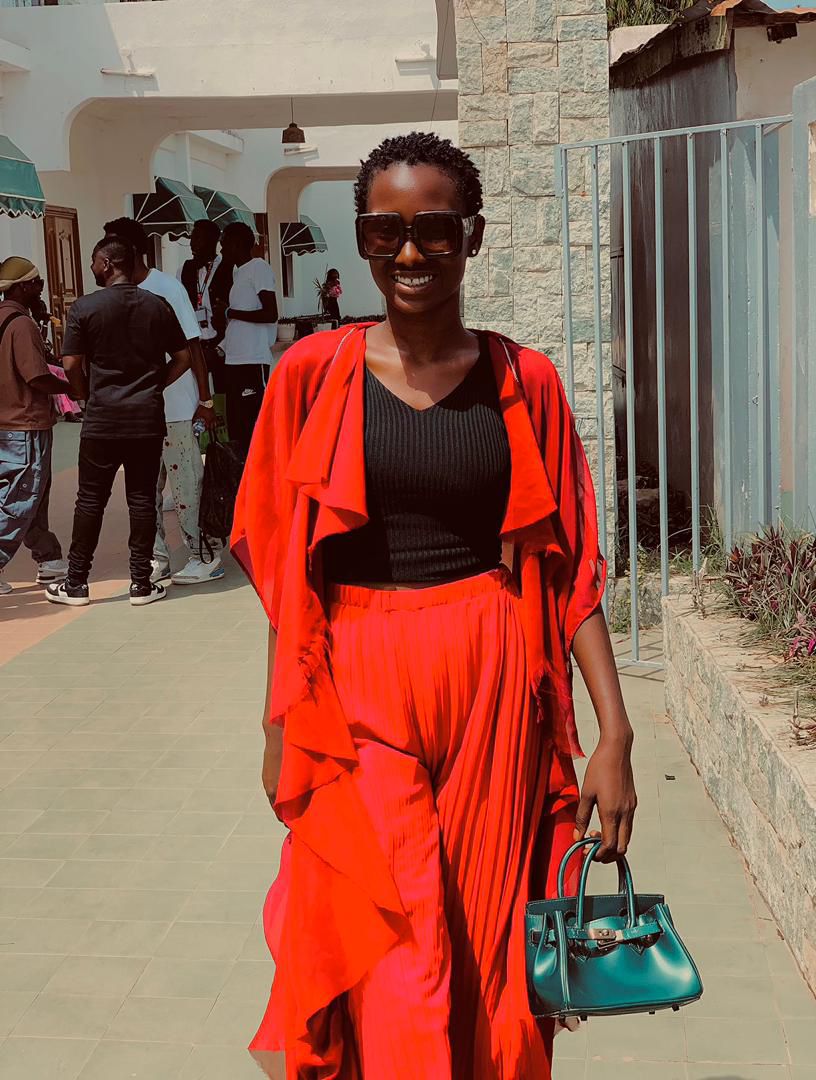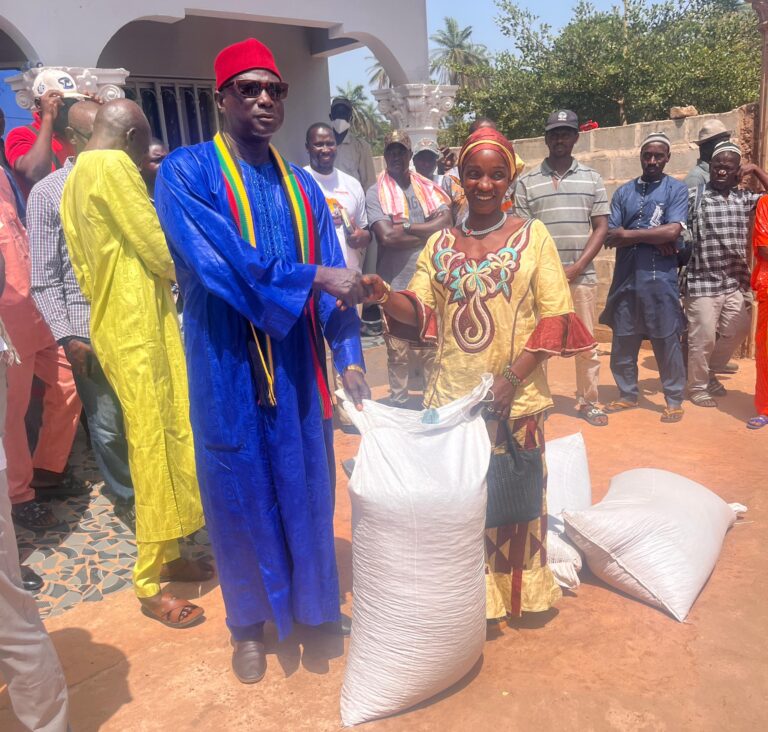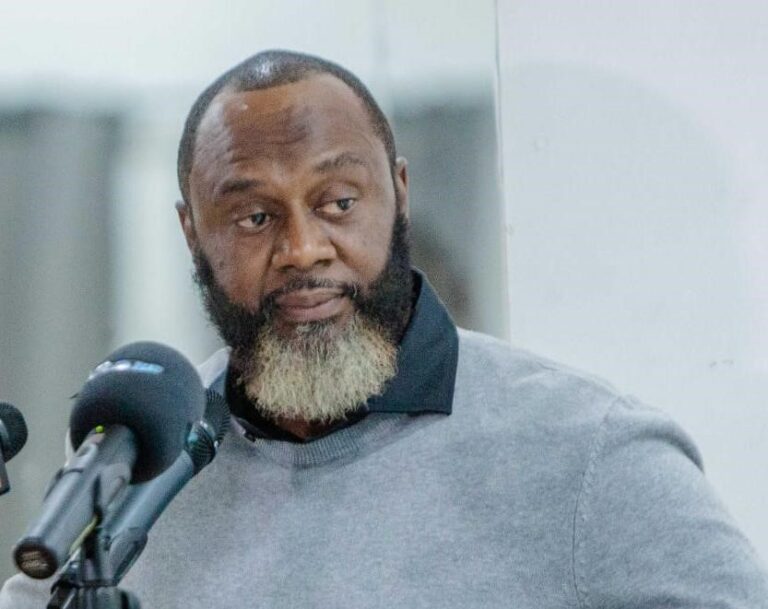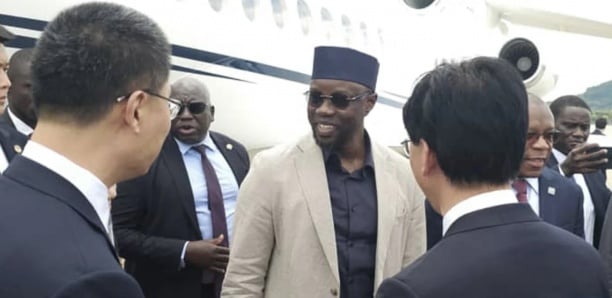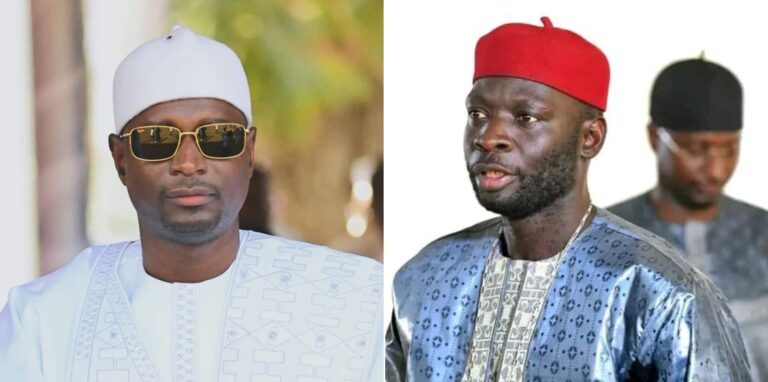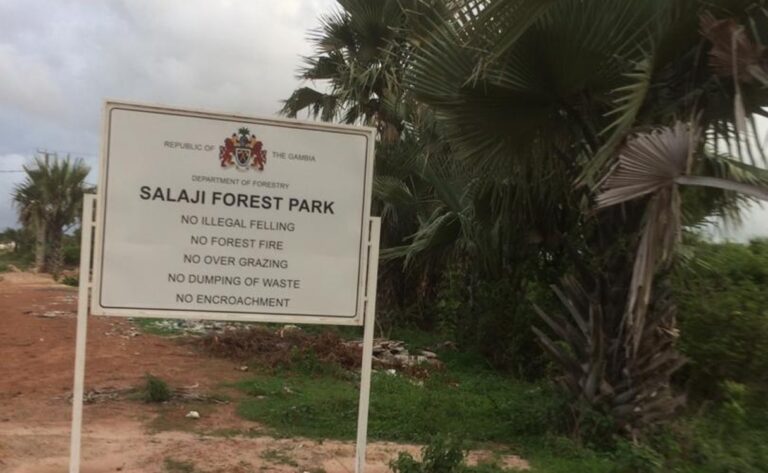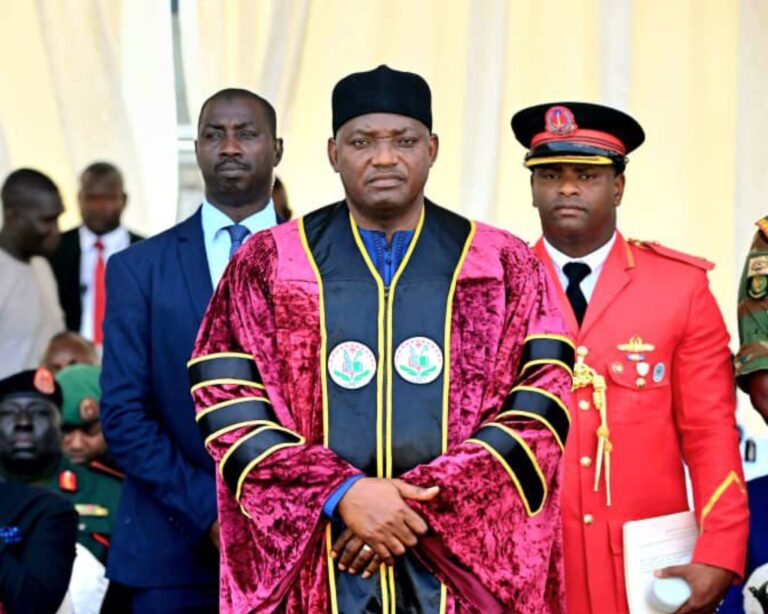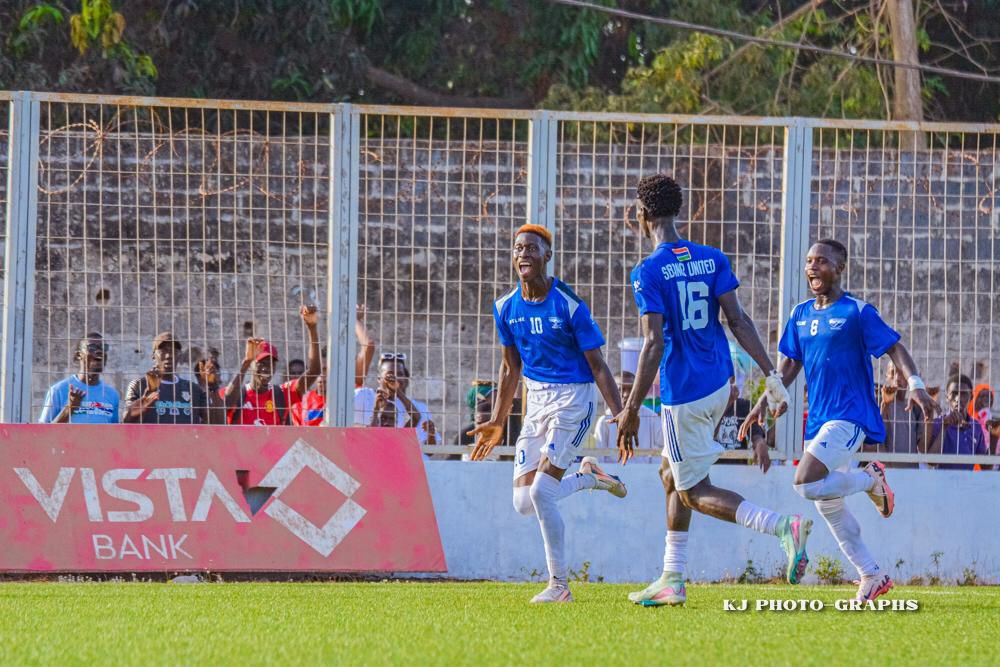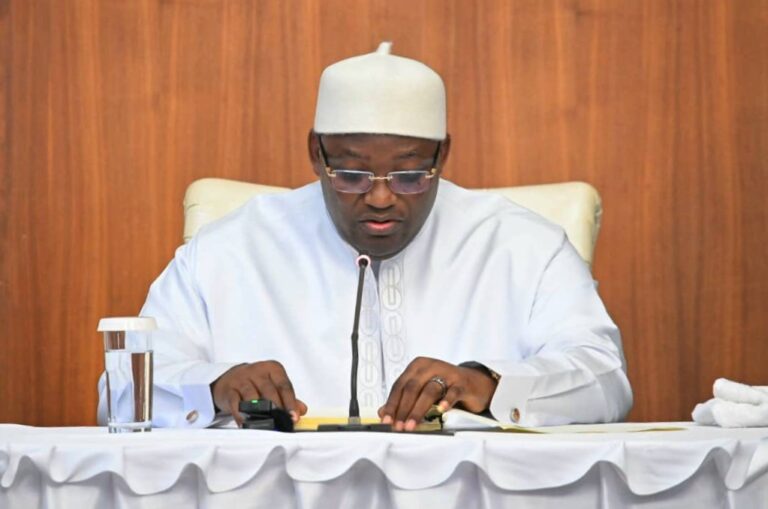Written by: The Fatu Network Newsroom
United Democratic Party (UDP) leader and Secretary-General Ousainou Darboe has dismissed President Adama Barrow’s 2025 State of the Nation Address as “certainly a checklist of a propaganda agenda,” suggesting the president has begun campaigning for the 2026 presidential elections.
Speaking on West Coast Radio’s Coffee Time with Peter Gomez following the June 19 address, Darboe expressed particular disappointment with what he characterized as vague promises and missed opportunities, especially in foreign policy leadership.
Critique of Foreign Policy Leadership
Darboe’s sharpest criticism centered on President Barrow’s role as Chairman of the Organisation of Islamic Cooperation (OIC), particularly regarding ongoing conflicts in the Middle East.
“As chairman of the OIC, I would guide the African group, the AU, to really partner with me in seeking for solutions not only to the Iran-Israel thing,” Darboe said. “He should be approaching the issue not as president of The Gambia but as chairman of the OIC, because if he does approach it as president of The Gambia, people would like to say, ‘But what political weight does he have?’ But then, as chairman of the OIC, he has a lot of political weight—57 nations behind him.”
The UDP leader argued that simply calling for peace from the National Assembly was insufficient, stating: “As chairman, you ought to engage others like world leaders.”
OIC Summit: Success or Failure?
Addressing the 2024 OIC Summit hosted in Banjul, which President Barrow touted as successful, Darboe maintained it was a failure due to poor attendance.
“Certainly it was not successful. I think his emissaries should have done more to impress on member states that this is their conference,” he said. “My particular disappointment was that even in the sub-region there was a singular absence of the presidents.”
Darboe revealed ambitious plans from his time as Foreign Minister: “We had this grandiose, very big idea. We were even thinking that some of the Arab kings could come in their yachts and anchor at Banjul and then drive from Banjul to the conference center.”
Development Priorities: Roads vs. Agriculture
The opposition leader challenged the government’s infrastructure-heavy development approach, particularly the emphasis on road construction over agricultural investment.
“If you take three-quarters of that [road infrastructure spending] and inject it in agriculture, we would by now have been near food self-sufficiency,” Darboe argued. “This $75 million currency swap—I would have taken $50 million of that and injected it in agriculture.”
He emphasized the need to prioritize food security, referencing a Mandinka proverb: “You have to have enough food before you concentrate on roads. Feed the people first, because you have roads that cannot be used when people are hungry.”
Electricity Promises Under Scrutiny
Despite President Barrow’s claim of achieving 90% electricity coverage by the end of 2025, Darboe questioned the reality on the ground. “I have been experiencing power outages—everybody has. So what is all this pomp about electricity all over the country, 90% by the end of this year?” he said.
He dismissed the provision of free electricity meters as electoral incentives: “It’s an incentive, really, for the 2026 presidential elections. How can you give meters to people for free when NAWEC is in such a dire situation?”
UDP Internal Matters and Succession
Addressing ongoing speculation about internal UDP conflicts, Darboe characterized them as “domestic squabbles” while acknowledging public concern. “I am really happy that Gambian people are focusing on UDP. They’re showing their concerns about this domestic squabble because UDP is their hope, so they do not want to see their hope shattered,” he said.
On succession planning within the party, Darboe indicated he would provide adequate notice: “I will leave United Democratic Party with grace, and I wouldn’t give a six months’ notice. I should give at least two years’ notice so that those who really want to succeed me can do their thing.”
Defending Against Tribalism Accusations
The UDP leader strongly rejected suggestions of tribalism within his party or personal conduct, pointing to his family relationships across ethnic lines. “All those who have known me know that Darboe doesn’t think tribal—he has no tribalist inclination in him. His marital life exposes that. The uncles of all his children are people who do not belong to the Mandinka tribe,” he stated.
He attributed such accusations to political opponents using “a cheap propaganda tool” and suggested some apparent UDP supporters making inflammatory statements might be planted agents.
Call for Accountability
Darboe called for the State of the Nation Address to become more of a scorecard, with the president reporting on implementation of previous promises rather than making new declarations. “Every time it’s all declarations—solemn declarations—without implementation. It’s really not doing good for the country because the impact of your policy is really not being shown to the people,” he concluded.
The interview revealed an opposition leader positioning himself as an alternative voice on both domestic priorities and international leadership, while managing internal party dynamics ahead of the 2026 elections.

